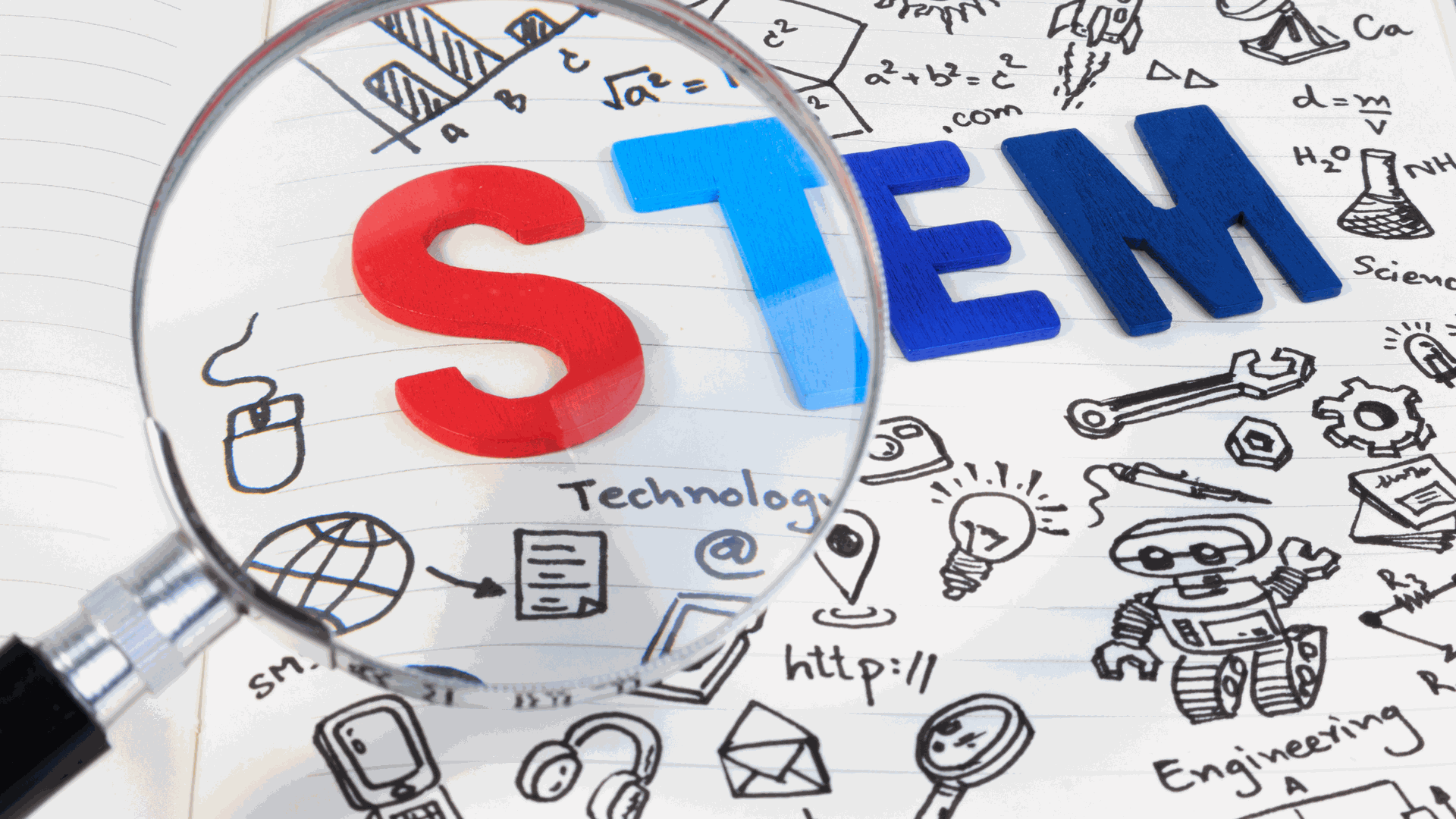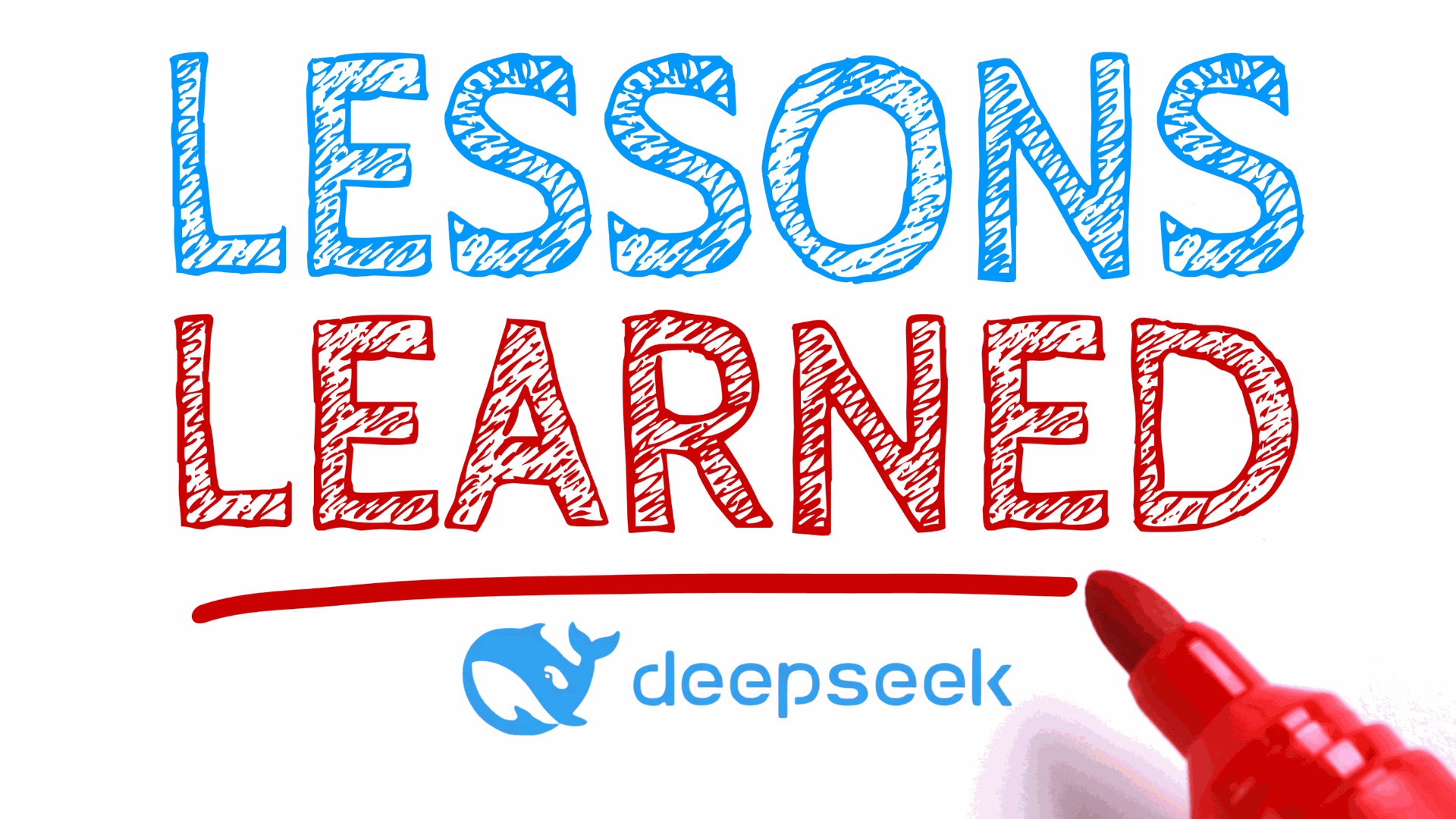China's rapid ascent in the global technology arena, epitomized by the emergence of AI powerhouse DeepSeek, prompts a compelling question: If China can achieve such technological feats, why not Africa? Delving into China's strategic journey offers valuable insights that Africa can adapt to foster its own technological renaissance.
Strategic Investments in Research and Development (R&D):
Central to China's technological surge has been its unwavering commitment to R&D. The Chinese government, recognizing the pivotal role of innovation, has consistently increased its R&D expenditure, aiming to transform the nation into a global tech leader. This financial dedication has cultivated an environment where companies like DeepSeek can thrive. For Africa, a similar prioritization of R&D is essential. Governments should allocate substantial portions of their budgets to research initiatives, while also incentivizing private sector participation through tax benefits and grants. Such a collaborative approach can ignite a culture of innovation across the continent.
Nurturing Indigenous Innovation:

China's focus on "indigenous innovation" has been instrumental in reducing reliance on foreign technology. Policies encouraging local enterprises to develop proprietary technologies have been pivotal. DeepSeek's success, for instance, is a testament to an ecosystem that supports homegrown talent and solutions. Africa can emulate this by formulating policies that promote local innovations, offering support to startups, and ensuring that intellectual property rights are robustly protected. Creating innovation hubs and tech parks can further provide the necessary infrastructure for budding entrepreneurs.
Public-Private Synergy:
The collaboration between China's government and its private sector has been a cornerstone of its tech evolution. Initiatives like the Artificial Intelligence Development Plan underscore the government's role in setting ambitious goals, while companies like DeepSeek execute these visions. In Africa, fostering a symbiotic relationship between public institutions and private enterprises is crucial. Governments can offer funding, infrastructure, and policy support, while the private sector brings in agility, innovation, and market-driven solutions. Regular dialogues between these entities can ensure alignment of objectives and resources.
Cultivating Talent and Education:

A skilled workforce is the bedrock of any technological advancement. China's emphasis on STEM education and the establishment of specialized training programs have ensured a steady pipeline of talent for its tech industries. Africa, with its youthful demographic, stands to gain immensely by investing in education. Updating curricula to include emerging technologies, offering scholarships for tech-related fields, and establishing centers of excellence can prepare the next generation of African innovators.
Infrastructure Development:
Technological innovation thrives on robust infrastructure. China's investments in high-speed internet, advanced manufacturing facilities, and research institutions have provided a solid foundation for companies like DeepSeek. Africa must similarly prioritize the development of its digital and physical infrastructure. Public-private partnerships can be instrumental in building data centers, expanding broadband access, and setting up research labs, thereby creating an enabling environment for tech enterprises.
Policy and Regulatory Support:
China's strategic policies, such as favorable procurement practices and subsidies for tech firms, have created a conducive environment for innovation. Africa can adopt similar measures by streamlining regulations, offering tax incentives, and protecting intellectual property rights. Establishing clear and supportive policies can reduce barriers to entry and encourage both local and international investments in the tech sector.
Learning from DeepSeek's Blueprint:

DeepSeek's trajectory offers specific lessons for Africa:
- Resource Optimization: DeepSeek's ability to develop competitive AI models with relatively modest resources underscores the importance of efficient resource utilization. African tech firms can focus on optimizing available resources, leveraging open-source platforms, and fostering collaborative research to achieve impactful outcomes.
- Open-Source Collaboration: DeepSeek's embrace of open-source models has accelerated innovation and dissemination. African developers and companies can engage with global open-source communities, contributing to and drawing from a vast pool of knowledge, which can expedite learning and innovation.
- Governmental Recognition and Support: The Chinese government's acknowledgment of DeepSeek's achievements highlights the role of state endorsement in elevating tech enterprises. African governments can celebrate local tech successes, providing them with platforms for greater visibility and support, which can attract further investments and talent.
China's technological ascent, exemplified by DeepSeek, is the result of deliberate strategies encompassing investment, innovation, collaboration, and policy support. Africa, endowed with immense potential, can chart its own path to technological prominence by adapting these lessons to its unique context. Through concerted efforts across all sectors, the continent can foster an environment where indigenous tech giants emerge and thrive, answering the question: If China can, why not Africa?
